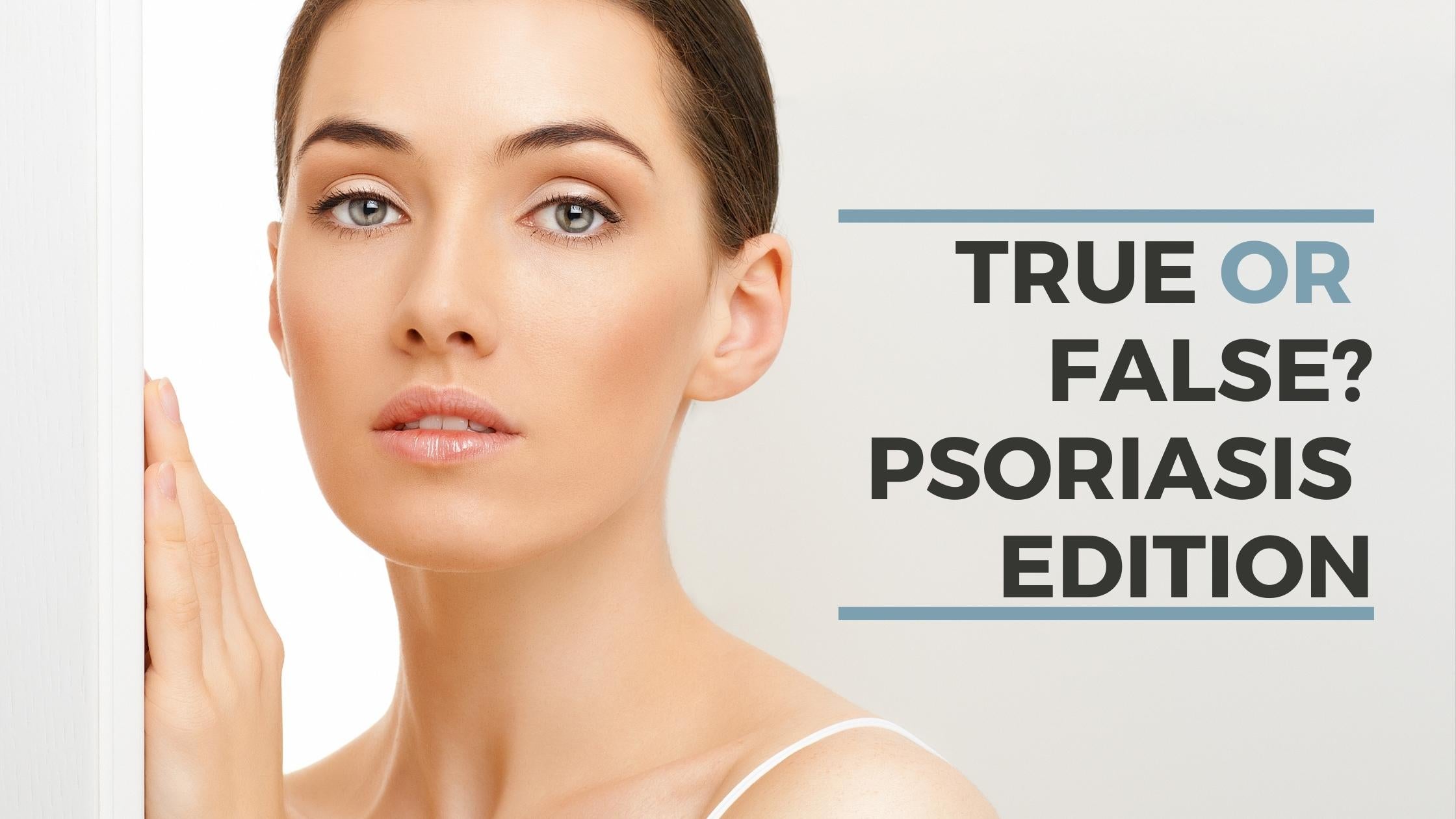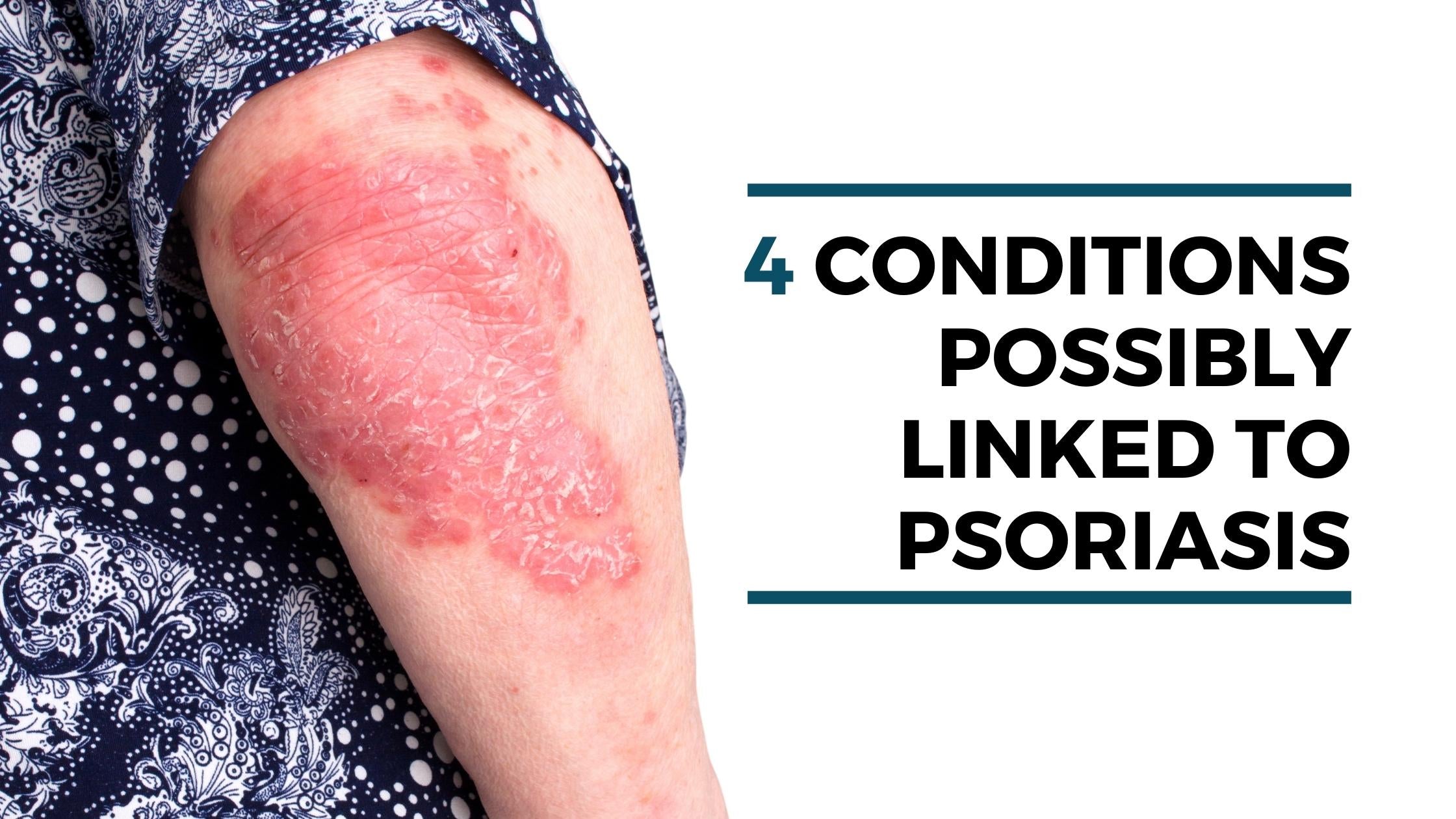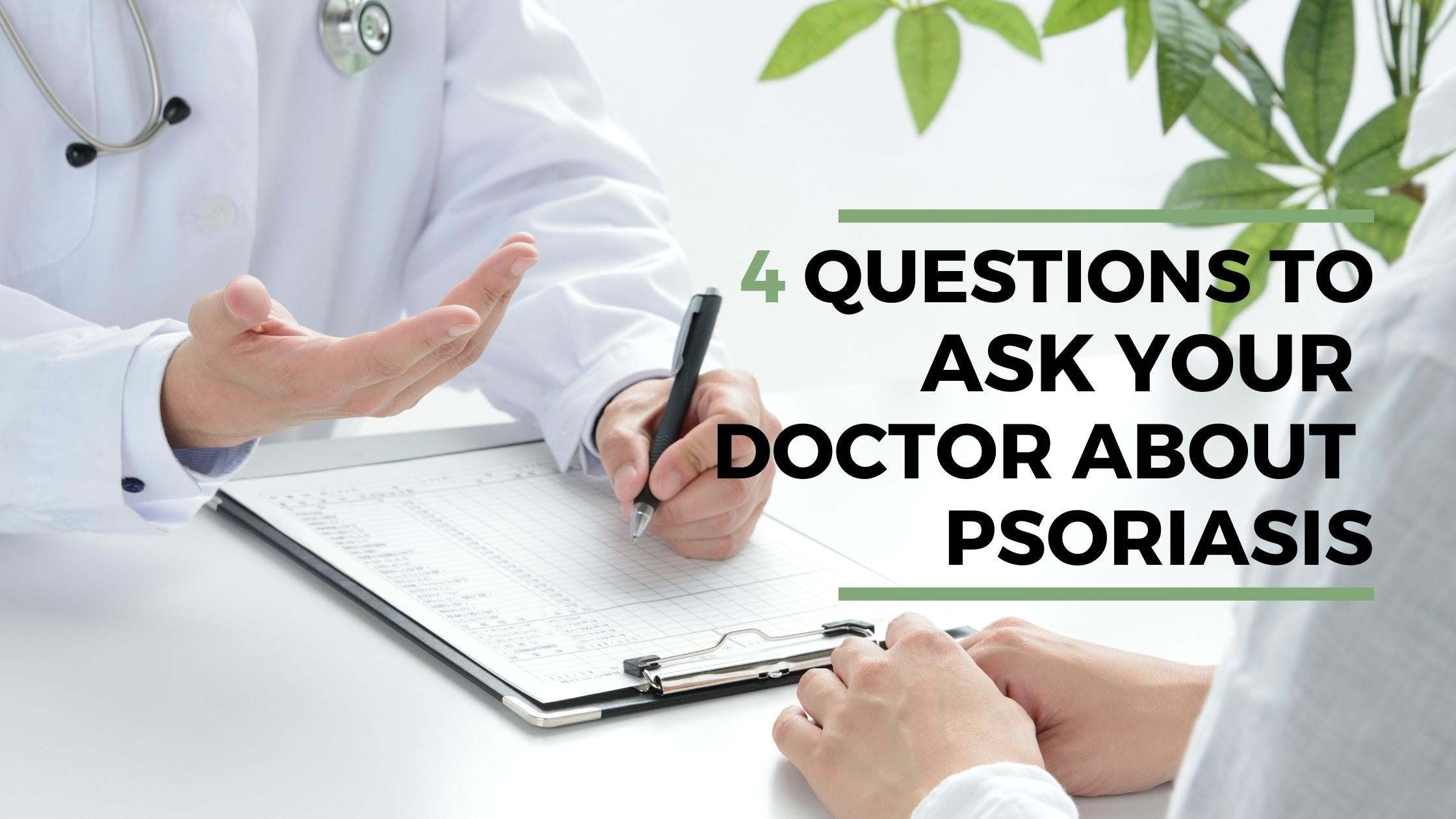
True or False? Psoriasis Edition
False information is like wildfire - it spreads quickly and isn’t easy to put out.
For centuries, it’s led to rumors and judgements, affecting and disrupting individual lives, communities, and cultures across the globe.
Today, we’re here to dispel any misinformation surrounding the psoriasis community.

1. Psoriasis is contagious
False.
Unlike mainstream media and popular culture like you to believe, psoriasis is an autoimmune disorder, not a transmissible disease.
This means that you can’t “catch” it from someone who has it.
While scientists haven’t been able to identify exactly what causes psoriasis, they are sure about one thing: people get it because of their genes.
Environmental factors also play a role in the development or exacerbation of psoriasis, but having the genes, researchers say, are a precursor to what happens later on.

2. Psoriasis doesn’t discriminate
True.
It doesn’t matter whether you’re male, female, young or old. Psoriasis targets everyone.
Thought to be related to age, the National Psoriasis Foundation dismisses this, reporting that while symptoms of psoriasis often start between ages 15 and 25, the chronic condition can present itself at any age.
And much like age, psoriasis also doesn’t discriminate against sex.
Though some sites have suggested psoriasis affects slightly more women than men, the World Health Organization reported back in 2016 that psoriasis is actually considered equally prevalent in both sexes.
In fact, according to their analysis of some of studies that reported prevalence by sex, psoriasis seems to be slightly more common in men.

3. Doctors can accurately test for it
False.
The reason why psoriasis is so largely misunderstood in the first place, is because scientists, doctors, and researchers alike can’t seem to find a definitive answer as to why it occurs.
Most healthcare professionals will be able to diagnose psoriasis from looking at the appearance of the skin, while some may opt for a biopsy. A biopsy, however, does not typically uncover any helpful new information.
Your doctor may also ask for a brief family history and discuss your ongoing symptoms and concerns.
By asking these types of questions, your doctor will be able to better determine whether or not you have psoriasis as psoriasis can be mistaken for eczema.

4. Psoriasis is becoming more common
True.
Tracking incidence and prevalence rates of psoriasis can be difficult, though it appears as though the numbers are climbing.
According to the World Health Organization, international studies are showing that:
“The prevalence of psoriasis in China in 1984 was 0.17%, while 25 years later, another study found it to be 0.59% (37,43). The prevalence in Spain in 1998 was 1.43%, while 15 years later it was reported as 2.31% (86,87). Data on the prevalence in the United States from the National Health and Nutrition Examination Survey indicated an increase in prevalence from 1.62% to 3.10% from 2004 to 2010 (46,69)”

5. You can find relief with Psoriasis Honey
True.
It’s not easy to find a wholesome product with natural ingredients, that aims to target psoriatic skin.
And it’s even harder to find a company that offers customer satisfaction guarantee.
That’s why we, at Psoriasis Honey, came up with a solution to help those in need. Our collection of products offer an array of things to help your skin get, and stay hydrated.



Leave a comment
This site is protected by hCaptcha and the hCaptcha Privacy Policy and Terms of Service apply.